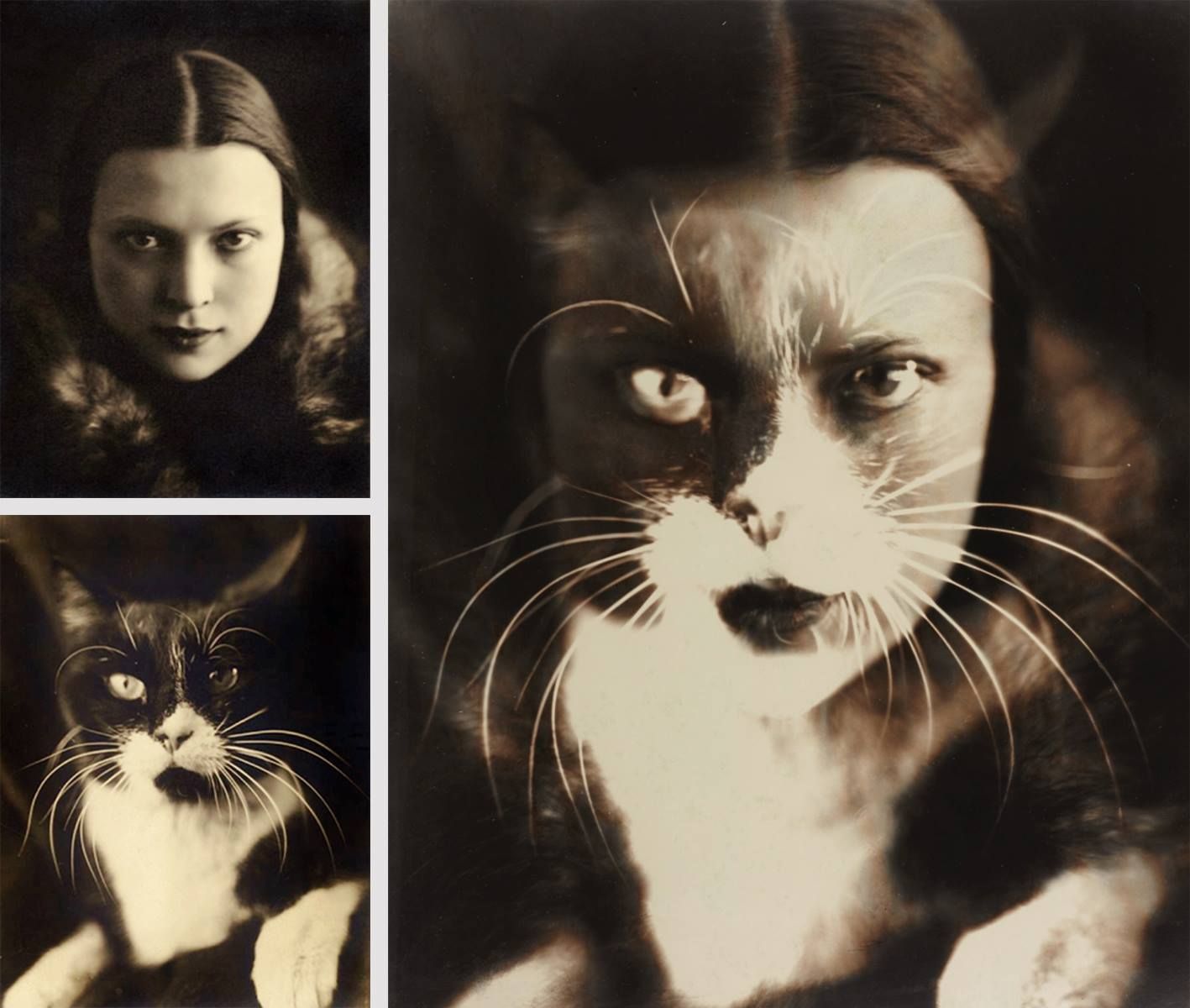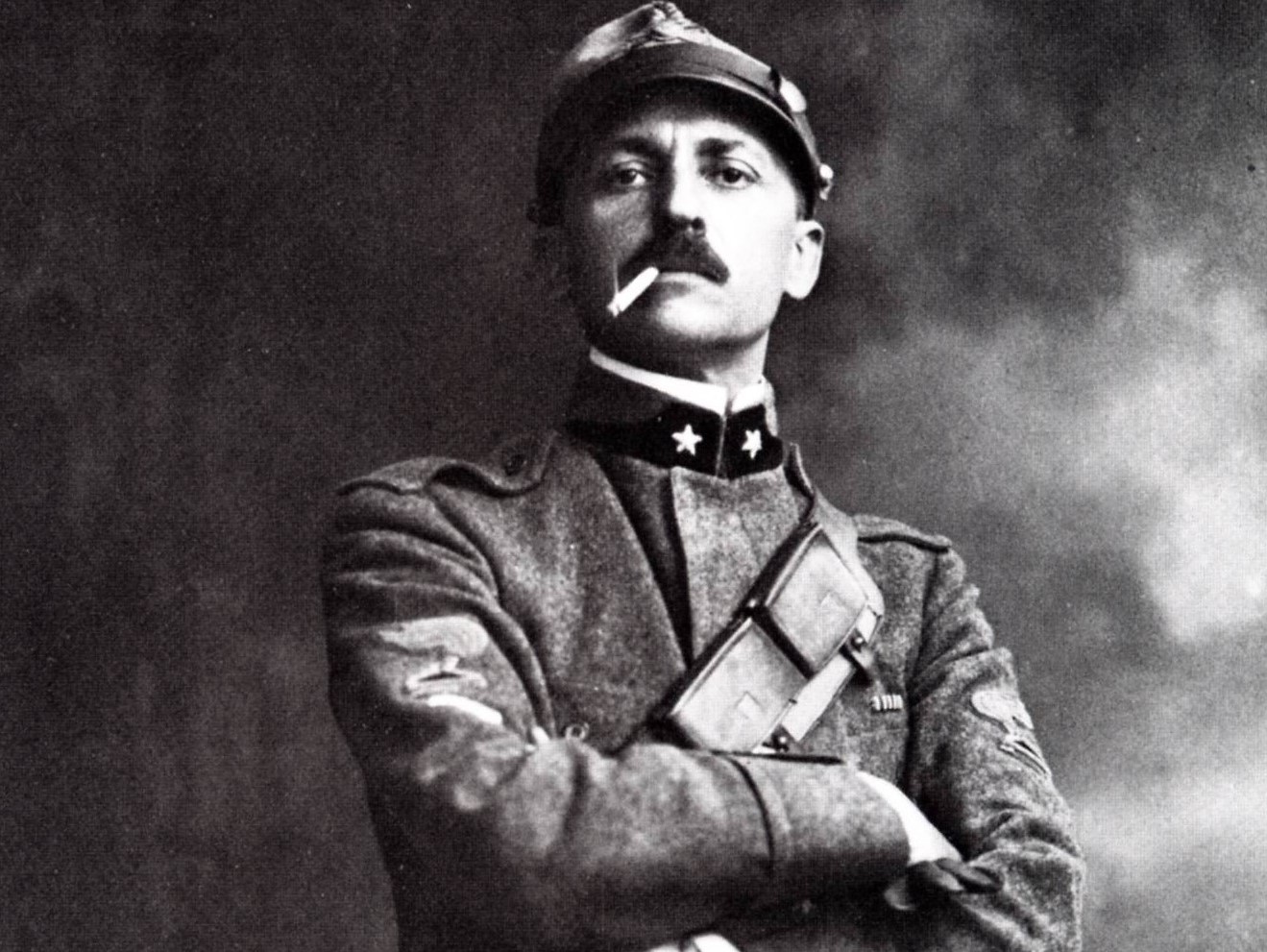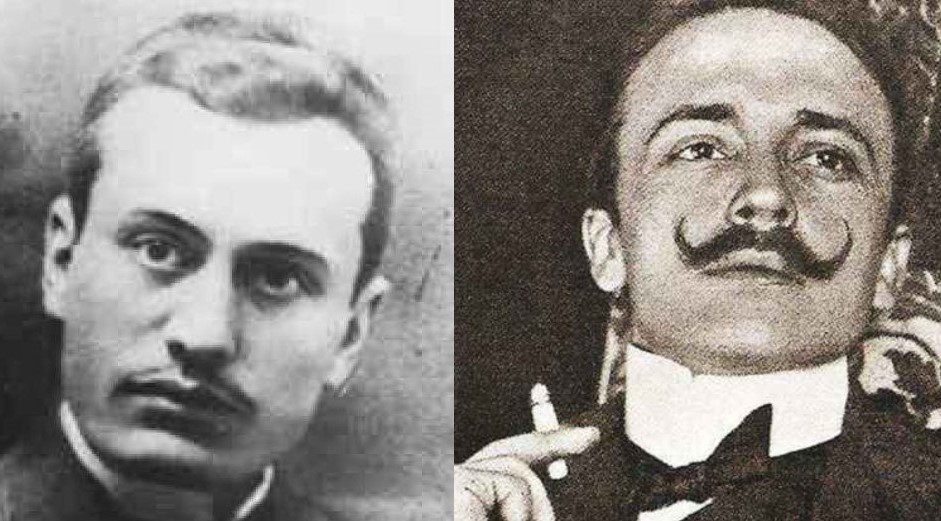Note: This article is best read after the novel, Mafarka the Futurist. Or you could read its summary here, including its most controversial passages.
F. T. Marinetti, the founder of Italian Futurism wrote the novel, Mafarka the Futurist, in 1909, to represent the ideals of his movement. Futurism called for the destruction of the past, the glorification of war, youth and machines. If you thought that sounds fascist, you would be right. Futurism planted the seeds for many of the ideas that were to become Fascism in Italy, before it reached Germany and the rest of the world. Marinetti’s views on women were particularly antagonistic and that was heavily present in his novel. Below are seven reasons why that novel is among the most misogynist novels that ever saw the light:
1. Mere objects: Women are there to be fucked or killed, or both
The female body is there to be assaulted in every possible way imaginable. The one woman who did not follow these two models was already dead! That was the character of Mafarka’s mother. The first chapter of the book gives graphic description of a mass rape and murder of thousands of women. Generally, Women serve as gifts to conquerers (“fettered slaves”), as entertainment (belly dancers), or as a symbol of mortal danger (the novel features several seductresses).
Although male characters are also killed, the dehumanization and the gruesome details of the act of killing is reserved for the female victims.
2. Women’s beauty is a trap but men’s beauty is pure and superior
When women’s bodies are not being assaulted or denigrated, well, before that actually takes place, the author gives detailed description of their beauty. However, the description is often objectifying and women are reduced to parts such as “breasts” and “vaginas.” The intention of the author is to make women’s beauty a tool of terror (the femme fatale). On the other hand, male beauty is portrayed as semi-divine, basically superior to that of women. Mafarka states his appreciation of the beauty of both his brother and his son. (Note that the name of his brother Magamal means beauty in Arabic (“gamal”).
3. Sex with women destroys men since they consume their energy
Mafarka’s objection to sex goes beyond his mistrust of women. He considers sex as a physical waste of men’s energy (think Samson and Delilah). Therefore, those who want to devote their lives to heroic missions and victory have to avoid lustful distractions. Here is how Mafarka feels about flirtation of women:
Curse you! Curse you!… Like butterflies and flies, you have unseen proboscis to suck out the strength and savour of the male! 1Filippo Tommaso Marinetti, Mafarka the Futurist: An African Novel, trans. Carol Diethe and Steve Cox (London, United Kingdom: Middlesex University Press, 1998), 102.
4. Women who desire or enjoy sex are not tolerated
The prospect of a woman having a sexual desire of her own free will makes men anxious in the world of Mafarka. If women do, they have to beg for it. They have to feel their breasts “burn” and legs “cramp” with excitement, so they would experience the great potency of the novel’s hero. In other words, the joy of sex is the domain of men. How women feel during intercourse is, at best, irrelevant.
5. Women’s seduction is answered with sadistic violence
Marinetti declared in his Futurist manifesto, in the same year he published his novel, the following:
Art… can be nothing but violence, cruelty, and injustice. 2F. T. Marinetti: Critical Writings, trans. Doug Thompson, ed. Günter Berghaus (New York: Farrar, Straus and Giroux, 2006), 16.
His novel, which he called a “masterpiece,” featured plenty of it but most victims of that violence are women. As mentioned above, sexually active women are treated as a threat to men, hence they meet horrific punishments. The bride of the protagonist’s brother is ripped apart on her bed in a fit of madness. Mafarka sends away the belly dancers to be thrown to sharks. Coloubbi, the siren of the final scenes also had to be destroyed.
Masochism, under Freudian influence at the time, was considered a trait of female sexuality. The novel includes examples of women who involuntarily relished being ravished. They could not help but enjoy their own rape!
6. Marriage is detestable; love towards sexually active women is never real
The author urged his supporters to abolish marriage. In his novel, we do not encounter a true loving bond except in Mafarka’s relationship with his brother, son and mother. No woman in the world of Mafarka is worthy of his love. He is capable of love. He just won’t waste it on women!
7. Women do not deserve the gift of giving life: Could technology take that away?
The entire plot of the novel builds up to the scene where Mafarka conceives of a cyborg child strictly through his own will. He is proud of the fact that his son bypassed the biological process and was not delivered through a vulva. Deanna Diener wrote on the novel in a thesis submitted to University of Saskatchewan:
The dual function of the female body is something of an issue for the Futurists. It is impossible for them to conceive of a body that at once inhabits the “vices” of sexuality and seduction, as well as the virtues of nurturing and strength that is required of the mother.
The Futurist founder, Marinetti, also had a particular concern about passing “feminine characteristics” into boys. Additionally, he detested maternity for fear of feminizing little boys. He envisioned a world free from female “contamination.” Futurist fetishization of technology inspired Marineti to imagine machines making women redundant.
Is there anything original about Futurist misogyny in Mafarka?
Most of the objectionable ideas above existed for hundreds of years before the writing of that novel. Marinetti’s disgraceful contribution to anti-woman literature is his vision of a world where technology could eliminate the need for female reproductive involvement. Also, in Futurist writings, the feminine symbolism was extended to represent all that is natural, i.e. non-Futurist. In a literary journal, Ernest Ialongo put it cleverly:
Woman is passive, parasitical, peaceful, pacifist and therefore past-oriented rather than future-oriented. Conditioned by her endless desire to love and be loved, woman is a slave to sentiments and sentimentalism, a prisoner of those very same static and suffocating social institutions which the futurists abhor most, namely marriage and the family. Woman represents, in other words, the negative “other” of futurist man, an “other” that must be repressed and exorcised if futurist man is to develop his revolutionary potential.
Marinetti’s contempt of women went beyond their gender, he believed that they represent values that do not conform with the far Futurist vision of militaristic man-machine hybrids. Christine Poggi explained it in her book Inventing Futurism as such:
The misogyny of this text is an effect of a prior rejection of merely human, abject corporeality and hence, of mortality, which Marinetti projects onto femininity.
So, could the Mafarka world do away completely with women?
If women are no longer welcome as mothers or lovers, then how men could assert their virility? The answer in Mafarka was the violence of battle and rape. In fact, in Mafarka sex is always rape even when the woman is willing! However, such outlets of virility are far from sufficient. The author acknowledges through the seductive Coloubbi before she dies that the feminine will survive despite all attempts to eradicate it. Perhaps this is the most defiant statement by a woman in the novel:
‘If you kill me, I will be reborn, I will always be reborn in your son’s heart, like a prison tainted with terror and love!…’ 3Filippo Tommaso Marinetti, Mafarka the Futurist: An African Novel, trans. Carol Diethe and Steve Cox (London, United Kingdom: Middlesex University Press, 1998), 190.
You might also like:
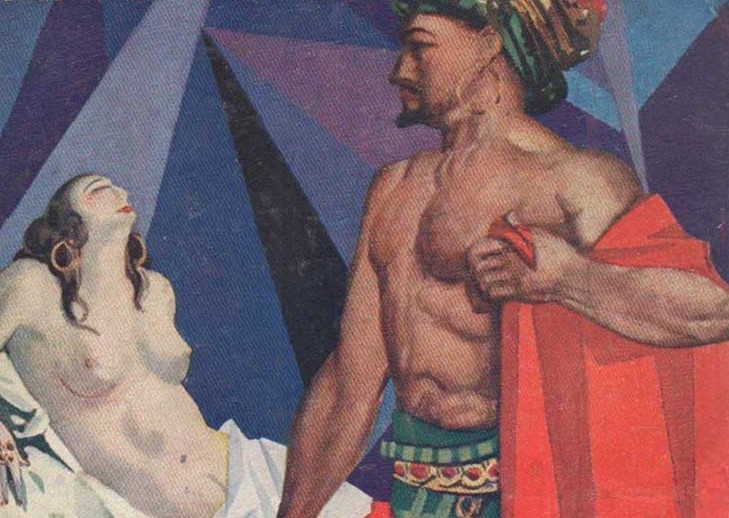
Mafarka: Summary & analysis plus all the controversial passages
Read the obscene parts of the first two chapters that sent the Italian author to court
BOOK: MAFARKA THE FUTURIST
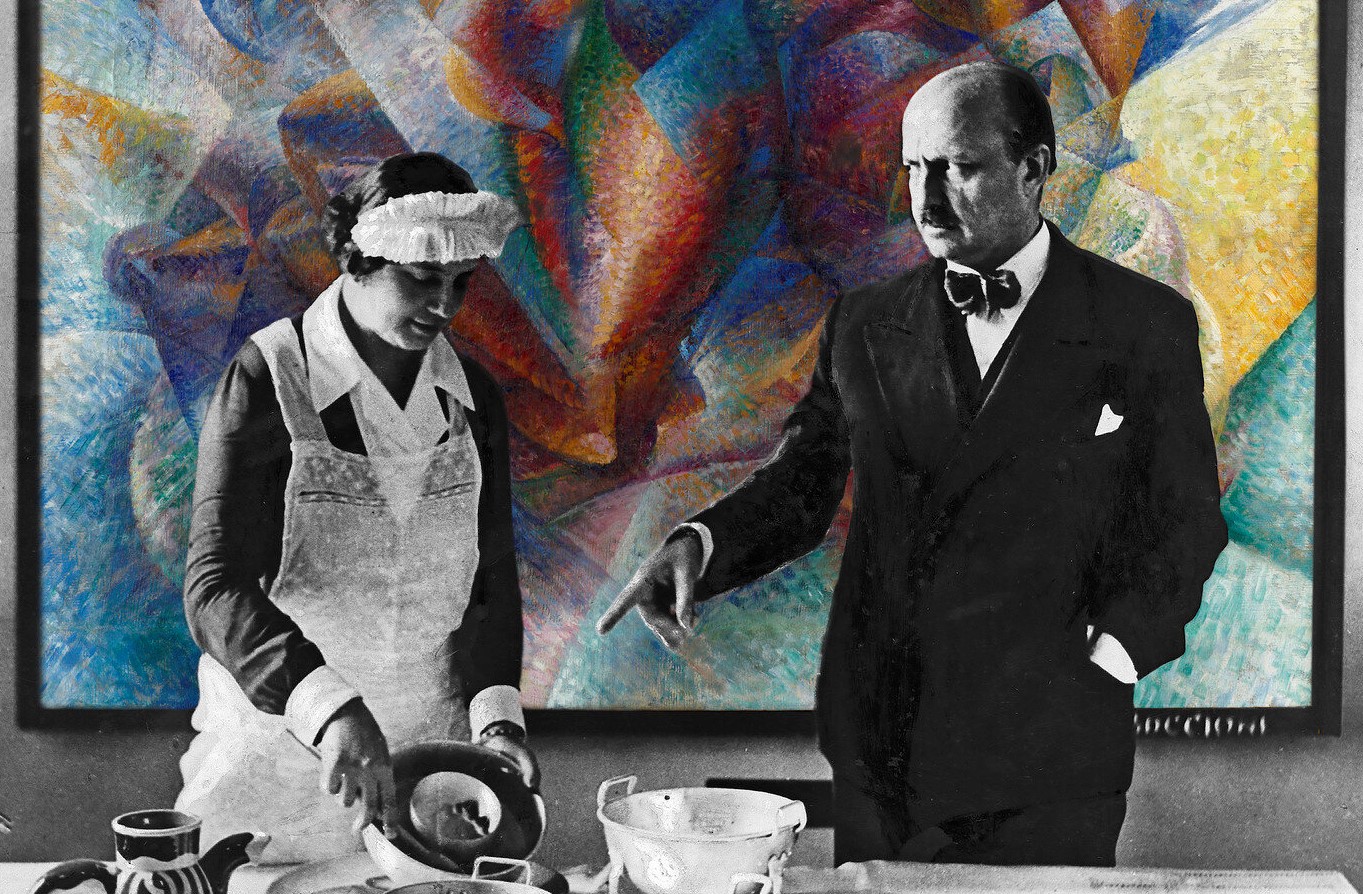
The misogynist who supported feminist causes—mostly inadvertently
The Italian Futurist poet, F. T. Marinetti, was a misogynist and a proto-feminist all at once
ARTICLE: THE FUTURIST MANIFESTO
‘Destroy museums!’–Why an Italian waged war against the past
Those who embraced state-sponsored iconoclasm as a fast track to modernization
ARTICLE: THE FUTURIST MANIFESTO
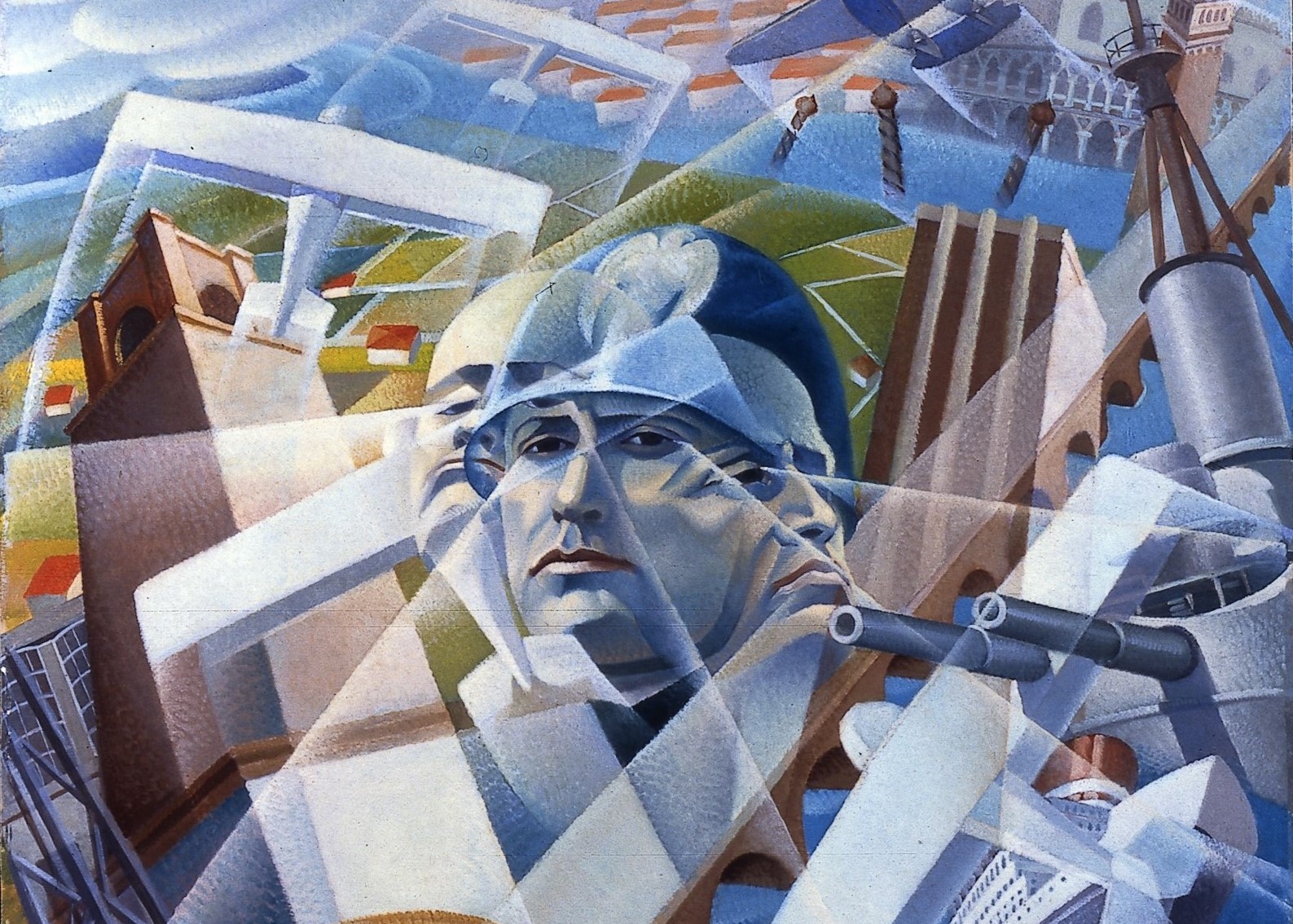
Was Futurism proto-fascism?
The most important elements of Fascism could be traced to Italian Futurist writings years earlier
ARTICLE: THE FUTURIST MANIFESTO
Endnotes

